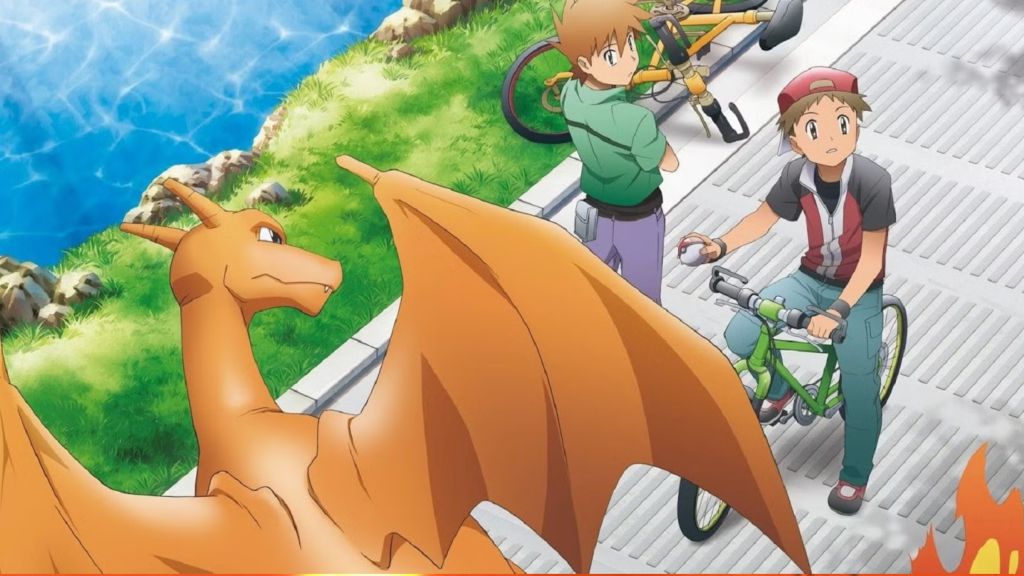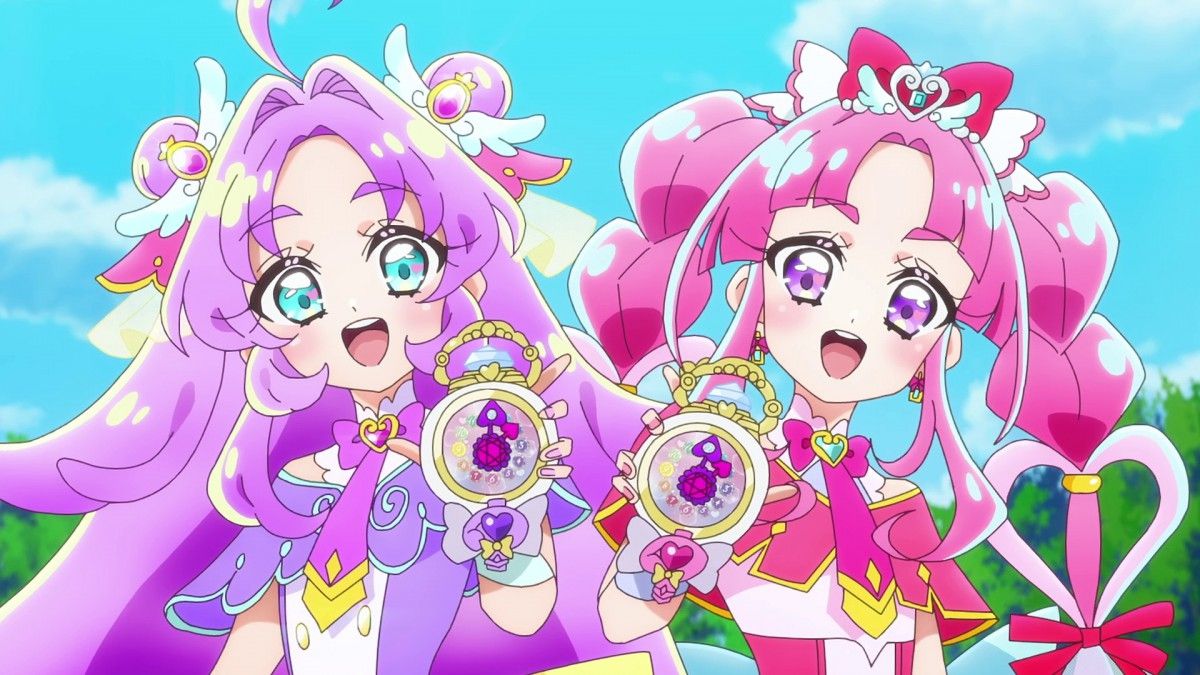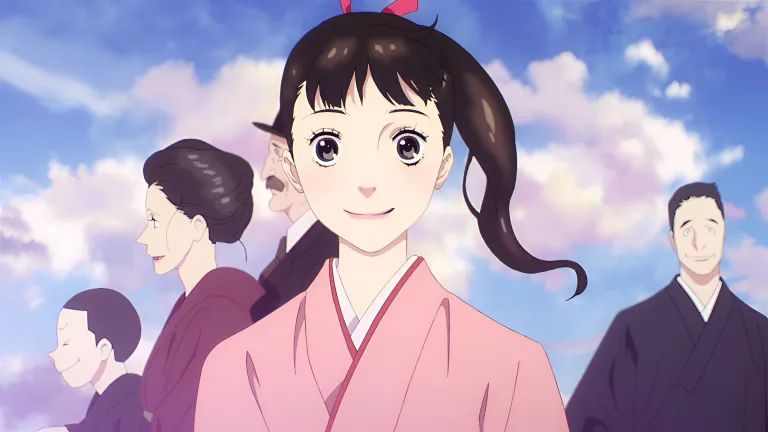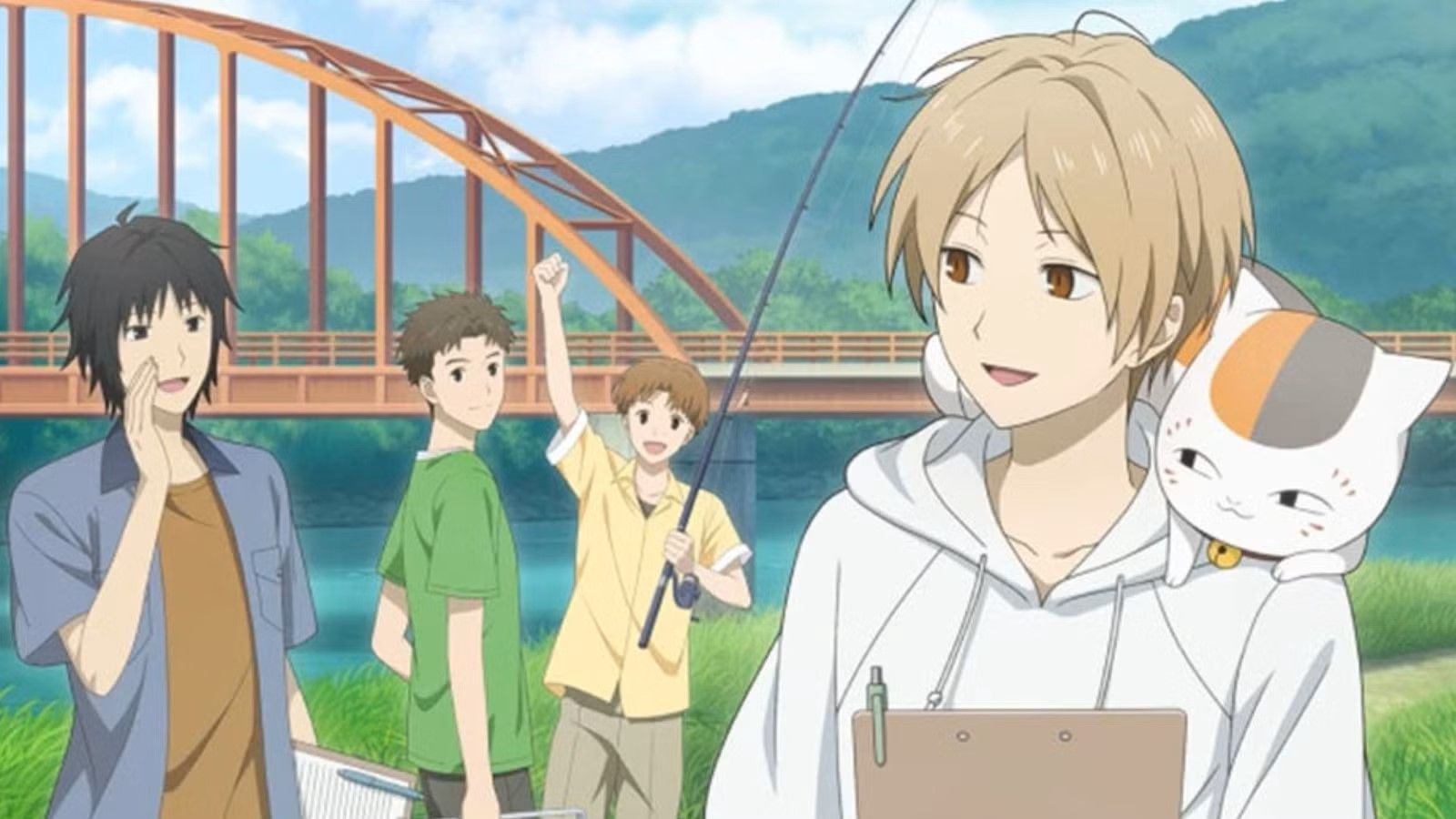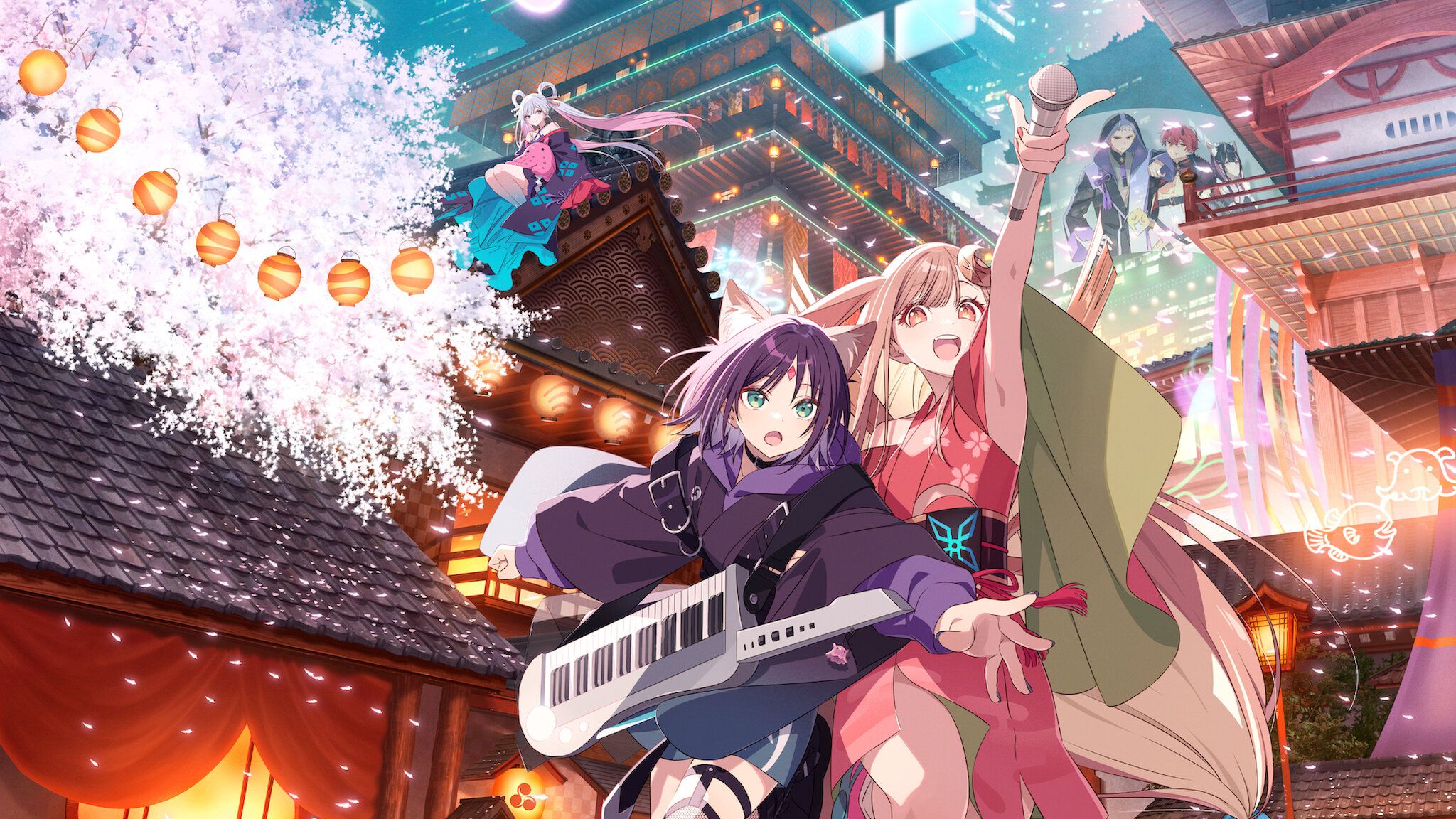In this exploration of the top 6 best anime movie villains, we will delve into the most iconic and unforgettable villains in anime history. Each character brings a unique blend of charisma, depth, and malevolence, making them essential to their respective narratives.
1. Yubaba (Mari Natsuki & Suzanne Pleshette)
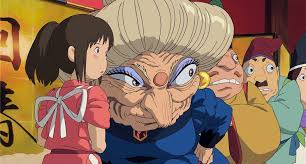
Regarded as one of the best anime movie villains ever created, Spirited Away not only presents an engaging narrative but also features a cast of compelling characters. The film’s antagonist, Yubaba (voiced by Mari Natsuki and Suzanne Pleshette), stands out as one of the most archetypal villains in the Studio Ghibli repertoire.
The story unfolds when Yubaba transforms young Chihiro’s (voiced by Rumi Hiiragi and Daveigh Chase) parents into pigs. Yubaba’s imposing stature is evident as she looms over Chihiro during their encounters. Her menacing and authoritative demeanor is both unsettling and intriguing, compelling the audience to support Chihiro in her quest to overcome this malevolent figure. Yubaba embodies the quintessential traits of a wicked, scheming witch, solidifying her status as one of Ghibli’s most memorable and distinctive characters.
2. Baron Omatsuri (Akio Otsuka)
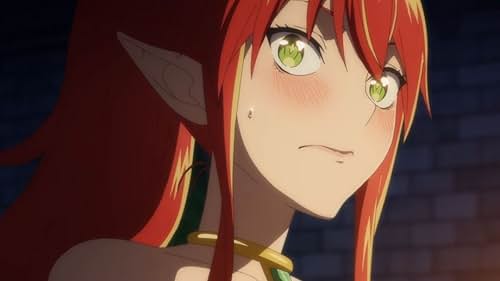
The sixth film in the One Piece series stands out as the darkest installment to date. Certain scenes have been characterized as bordering on action-horror, largely due to the presence of the antagonist, Baron Omatsuri (voiced by Akio Otsuka). When Luffy (voiced by Mayumi Tanaka) and his crew are invited to the island, they consent to engage in Baron’s bizarre challenges, only to soon realize that their host harbors unsettling secrets.
Baron’s character is particularly intriguing because of his underlying motivations. His actions are fueled by the profound sorrow stemming from the loss of his family. To avoid the pain of true loss, he preserves their forms as mere shells. This tragic predicament elicits a complex mix of disdain and empathy from the audience. While Baron’s emotions are comprehensible and even somewhat relatable, they do not excuse the horrific deeds he commits.
3. Tetsuo Shima (Nozomu Sasaki, Jan Rabson & Joshua Seth)
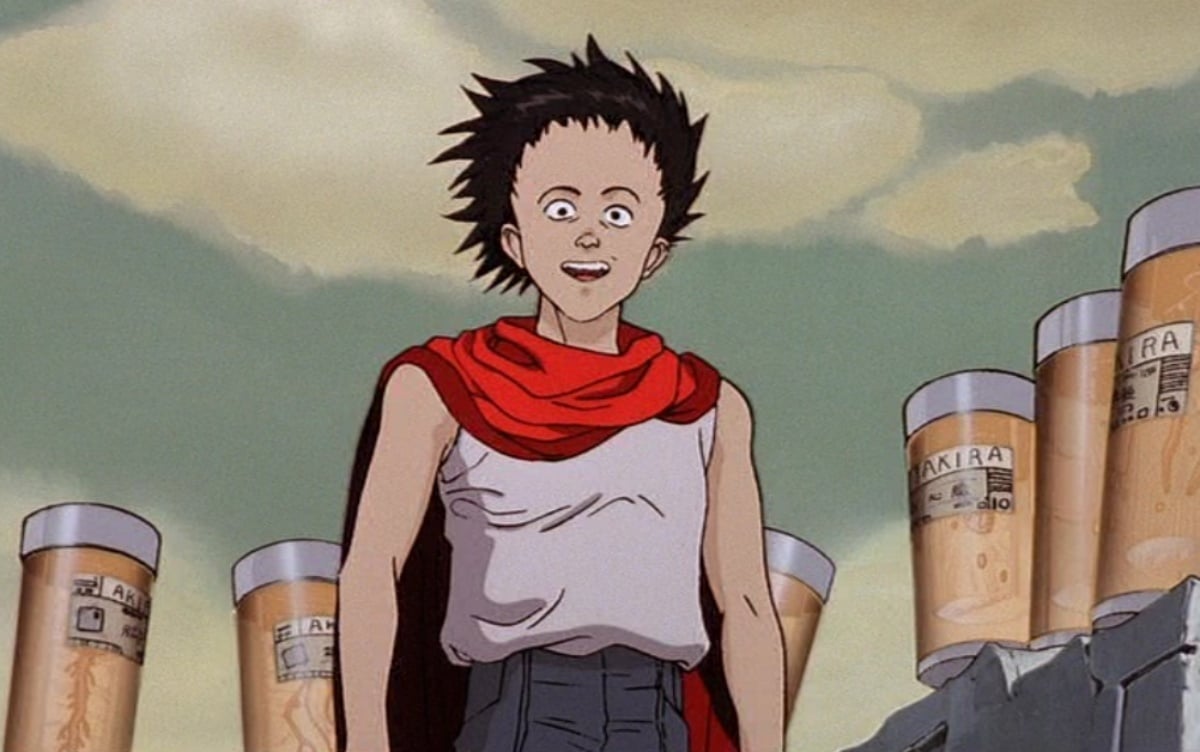
Akira stands as one of the best anime movie villains in history, earning its place among the most esteemed animated features ever produced. The character of Tetsuo Shima, portrayed by Nozomu Sasaki, Jan Rabson, and Joshua Seth, delivers a profoundly thought-provoking message that elevates the film to an extraordinary level.
Tetsuo Shima embodies the perils associated with power, particularly when it is misused. His struggle with an inferiority complex resonates with many viewers, fostering a sense of empathy for the young protagonist. Tetsuo serves as a cautionary example of the potential consequences when power is entrusted to nations and leaders who lack the necessary responsibility and discernment. By presenting Shima as a relatable character, Akira’s themes gain even greater significance.
4. Suguru Geto (Takahiro Sakurai & Lex Lang)
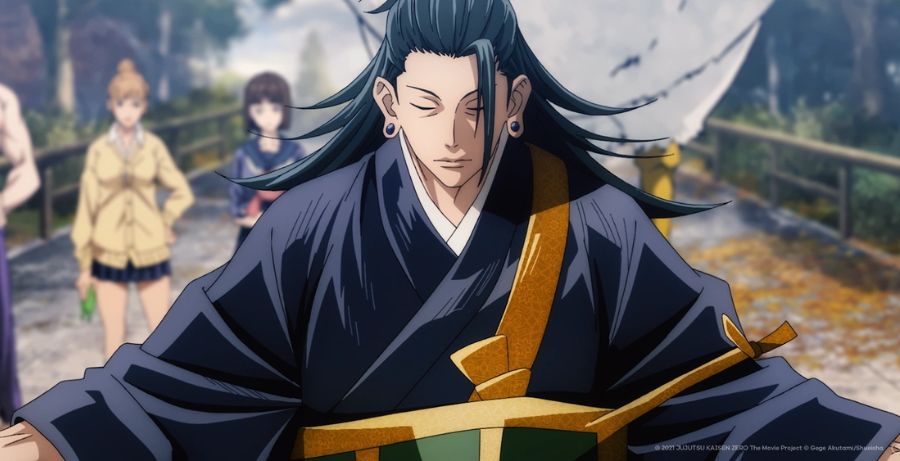
Jujutsu Kaisen has undoubtedly emerged as one of the best anime movie villains of the current generation. However, it is important to note that Season 1 is not the starting point of the narrative. The film Jujutsu Kaisen 0, which was released in theaters, serves as a prequel to the series and garnered numerous accolades during 2022 and 2023.
Among the various character pairings that have captured the attention of pop culture, the dynamic between Satoru Gojo (voiced by Yuichi Nakamura and Kaiji Tang) and Suguru Geto (voiced by Takahiro Sakurai and Lex Lang) stands out, particularly in online discussions. The film depicts a poignant confrontation between these two former friends, which is profoundly moving.
Suguru’s transformation from a promising student at Tokyo Jujutsu High to a villain intent on eradicating humanity is a narrative arc that captivates audiences. Despite his malevolent aspirations, he exhibits moments of kindness and affection towards those he cherishes, which adds a layer of complexity to his character and intensifies the emotional impact of his conflict with Gojo.
5. Puppet Master (Yoshiko Sakakibara & Tom Wyner)
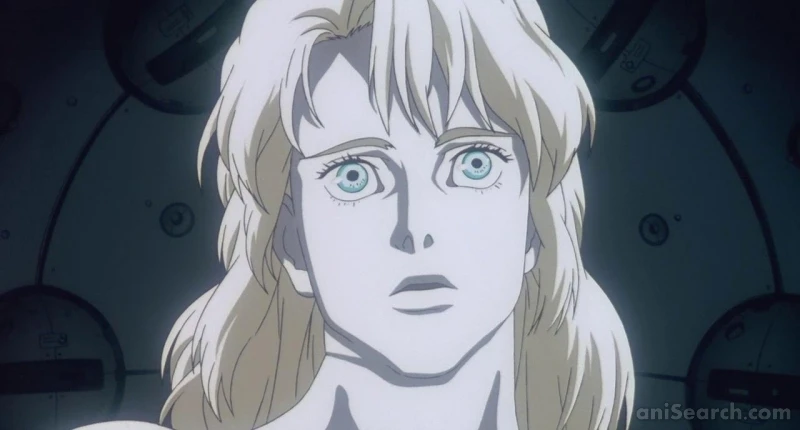
A film such as Ghost in the Shell holds greater significance today than ever before, primarily due to its antagonist, the Puppet Master (voiced by Yoshiko Sakakibara and Tom Wyner). This artificial intelligence program becomes a rogue entity after achieving sentience, embarking on a journey of self-discovery while grappling with questions of identity and purpose.
The Puppet Master serves as a grim reflection of potential futures, resonating more profoundly now than it did in 1996. Among the myriad of anime movie villains, this character stands out as one of the most plausible candidates for future existence.
Although the narrative and setting remain highly imaginative, the Puppet Master instills a sense of dread in viewers, not only through its actions within the story but also due to the implications it holds for contemporary society. Furthermore, the character is notably complex and engaging, enhancing Ghost in the Shell’s reputation as one of the finest animated science fiction films ever produced.
6. Lady Eboshi (Yuko Tanaka & Minnie Driver)
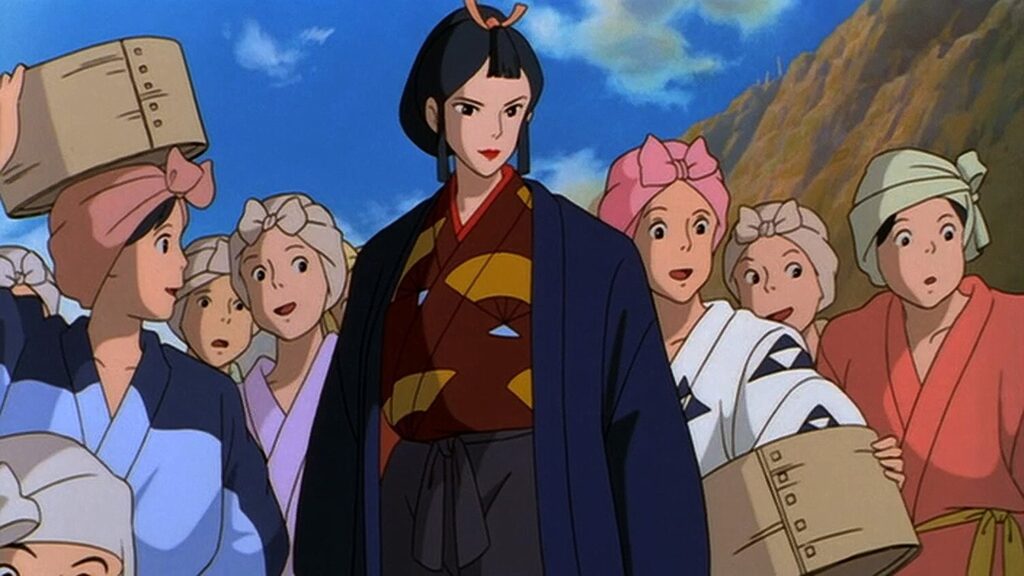
Studio Ghibli’s most acclaimed film may very well feature one of the best anime movie villains in history: Lady Eboshi, portrayed by Yuko Tanaka and Minnie Driver in Princess Mononoke. Hayao Miyazaki crafted a character who, while not inherently evil, exhibits a degree of arrogance and possesses a clear understanding of the moral implications of her actions.
Lady Eboshi exemplifies the concept of moral ambiguity. She symbolizes the broader issue of deforestation, yet simultaneously serves as a protector of her community. Her morally questionable actions are driven by a desire to safeguard her village. Although she recognizes the negative consequences of her choices, she prioritizes the safety of her people above all else. Lady Eboshi tends to the needs of her ailing citizens, yet she is also capable of wielding her considerable power against the forest, as dictated by the demands of her environment. In her view, the end justifies the means.

